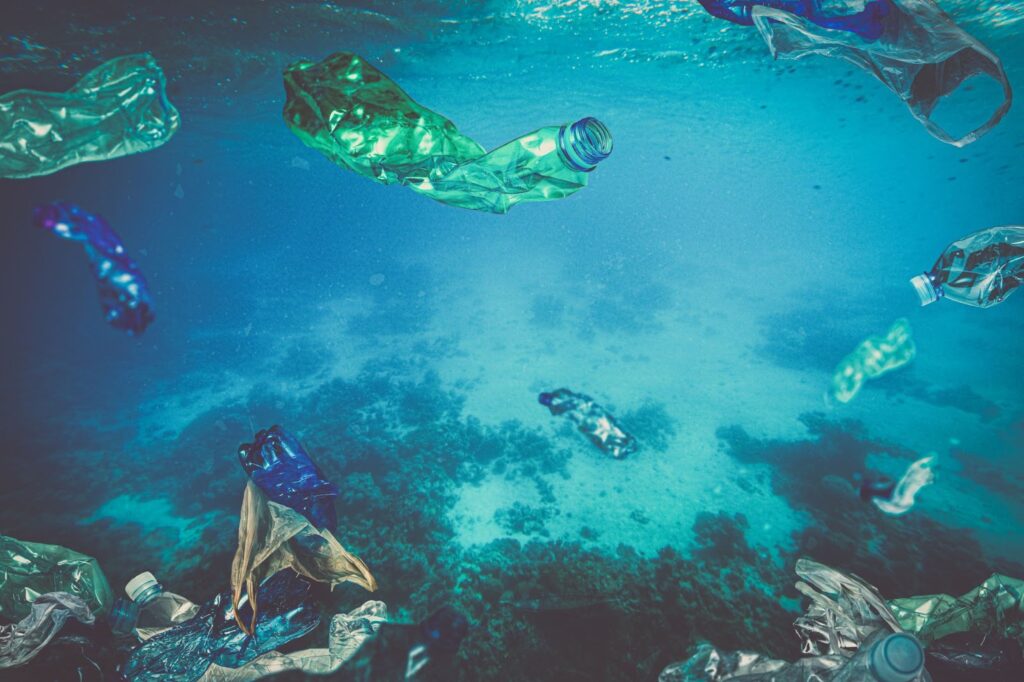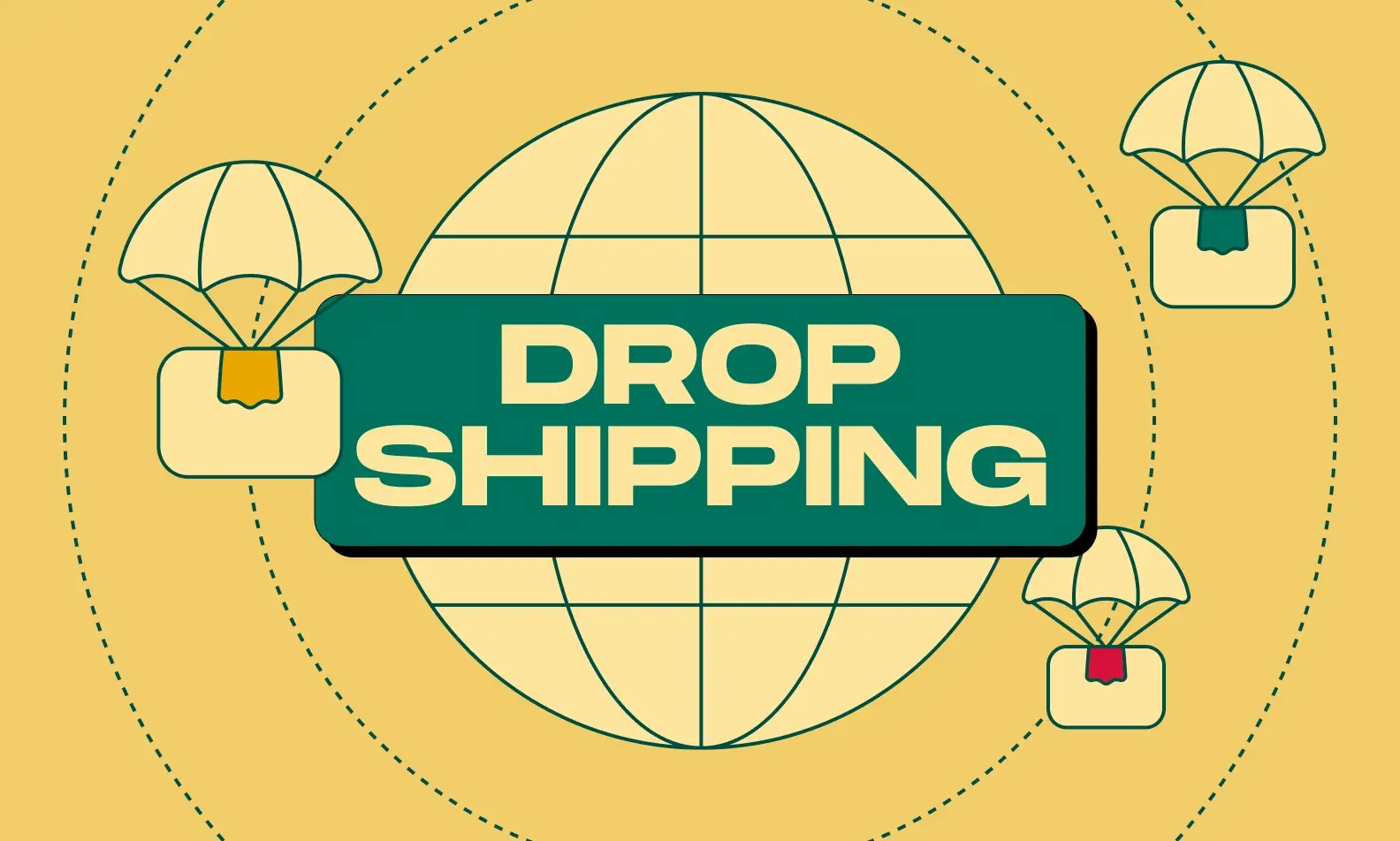Every minute, the equivalent of one garbage truck full of plastic is dumped into our oceans. By the time you finish reading this paragraph, countless pieces of plastic will have joined the millions already threatening marine life and ecosystems. This isn’t just a distant environmental issue—it directly impacts you and your loved ones. The seafood on your plate may contain microplastics, and the beaches you enjoy are increasingly littered with debris. Plastic pollution is not just harming sea creatures; it’s entering our food chain and affecting our health.
The oceans are reaching a tipping point, and effective plastic waste management solutions are crucial. In this article, we’ll explore actionable strategies to reduce plastic pollution, safeguard marine ecosystems, and ensure a healthier planet for future generations.
Understanding the Impact of Plastic Waste on Marine Pollution
Plastic waste is a pervasive problem, affecting every corner of the ocean. To tackle this issue, it’s essential to understand the different types of plastic waste and their sources.
Plastic pollution has reached alarming levels, demanding immediate action. According to a 2020 study by The Pew Charitable Trusts and SYSTEMIQ, an estimated 11 million metric tons of plastic waste enter the ocean annually. If significant measures aren’t taken, this figure is projected to nearly triple to 29 million metric tons per year by 2040. This increase would be equivalent to dumping one garbage truck of plastic into the ocean every minute.
Global plastic production has also skyrocketed—from 2.3 million tons in 1950 to 448 million tons in 2015—and is expected to double by 2050. Despite growing awareness, only about 9% of all plastic ever produced has been recycled. The rest accumulates in landfills, is incinerated, or leaks into the environment, including rivers and oceans.(Source: Geyer, R., Jambeck, J. R., & Law, K. L. (2017). Production, use, and fate of all plastics ever made. Science Advances)
Types of Plastic Waste
- Microplastics: Tiny plastic particles less than 5mm in size, resulting from the breakdown of larger plastics or directly introduced through products like cosmetics.
- Single-Use Plastics: Items intended for one-time use, such as plastic bags, straws, and water bottles, which significantly contribute to pollution.
- Macroplastics: Larger plastic debris, including discarded fishing nets (often referred to as “ghost nets”), which pose direct threats to marine life through entanglement and ingestion.
Sources of Ocean Plastic Pollution
- Land-Based Sources: Improperly managed waste, industrial runoff, and littering contribute significantly to ocean pollution. Urban areas near coastlines are particularly impactful.
- Marine-Based Sources: Abandoned fishing gear, shipping activities, and offshore oil and gas platforms introduce large amounts of plastic into the ocean.
Impact on Marine Ecosystems


- Harm to Marine Life: Animals ingest or become entangled in plastic debris, leading to injuries, starvation, and death. For example, sea turtles often mistake plastic bags for jellyfish, a primary food source. Research shows that all seven species of sea turtles have been found with plastic in their digestive systems. Ingesting just 14 pieces of plastic can increase a sea turtle’s risk of death. (Source: Wilcox, C., Puckridge, M., Schuyler, Q. A., Townsend, K., & Hardesty, B. D. (2018). A quantitative analysis linking sea turtle mortality and plastic debris ingestion. Scientific Reports)
- Habitat Disruption: Plastic waste damages coral reefs and other critical habitats, reducing biodiversity and altering ecosystems. Plastic debris harms coral reefs by blocking sunlight and introducing pathogens. Corals in contact with plastic have an 89% likelihood of developing disease, compared to a 4% likelihood in those that are plastic-free.
- Human Health Risks: Microplastics enter the food chain, ultimately affecting human health through seafood consumption. Microplastics have been found in human organs, including the lungs, liver, and kidneys. While the full health implications are still being studied, there is concern over potential risks such as inflammation or exposure to toxic substances.
Economic Impact of Plastic Pollution
- Financial Costs: The United Nations estimates that plastic pollution costs the marine ecosystem up to $13 billion annually. This includes costs related to the impact on fisheries, tourism, and the cleaning of beaches.
- Industry Losses: The fishing industry suffers losses due to reduced fish populations and damaged equipment from plastic debris.
- Tourism Decline: Coastal communities experience economic downturns as polluted beaches deter tourists.
Key Strategies for Sustainable Plastic Waste Management
Effective plastic waste management requires a comprehensive approach, involving multiple strategies to address the issue at its source and reduce its impact on the ocean.
Reducing Plastic Production and Consumption
Reducing the amount of plastic produced and consumed is one of the most effective ways to combat plastic pollution. By minimizing single-use plastics, promoting sustainable alternatives, and supporting plastic credit programs, we can significantly decrease the volume of waste entering the ocean.
Minimizing single-use plastics involves implementing bans, regulations, and encouraging consumer behavior changes. Governments and organizations worldwide are taking steps to reduce single-use plastics by banning items like plastic bags and straws. At the same time, consumers are becoming more aware of the need to reduce plastic use in their daily lives.
Promoting sustainable alternatives is another crucial strategy. Biodegradable plastics, reusable materials, and innovative packaging solutions offer eco-friendly options that can replace traditional plastics. These alternatives help reduce the long-term impact of plastic waste on the environment.
Improving Waste Collection and Recycling Systems
An efficient waste management system is critical for keeping plastic waste out of the ocean. By improving waste collection infrastructure and advancing recycling technologies, we can ensure that more plastic is properly managed and less ends up in the ocean.
Enhancing waste collection infrastructure, especially in coastal regions, is essential for preventing plastic waste from reaching the ocean. Investing in better waste management systems ensures that waste is collected and processed effectively, reducing the likelihood of it being improperly disposed of.
Advancing recycling technologies plays a vital role in managing plastic waste. New technologies are being developed to increase recycling rates and process plastics that are currently difficult to recycle. By improving recycling capabilities, we can reduce the amount of plastic waste that needs to be managed.
Implementing Extended Producer Responsibility (EPR)
Shifting the responsibility of plastic waste management to producers is an effective way to reduce plastic pollution. Extended Producer Responsibility (EPR) programs hold manufacturers accountable for the entire lifecycle of their products, encouraging them to design more sustainable products and packaging.
EPR programs require producers to take back, recycle, or dispose of their products after use. This approach not only reduces the burden on waste management systems but also incentivizes companies to create products that are easier to recycle or have a lower environmental impact.
Successful EPR programs around the world have shown that this strategy can significantly reduce plastic waste. By making producers responsible for their products, we can encourage more sustainable production practices and reduce the overall volume of plastic waste.
Supporting Community-Led Initiatives
Community involvement is crucial in the fight against plastic pollution. Grassroots movements, beach cleanups, and local activism play a significant role in reducing plastic waste and raising awareness about the issue.
Beach cleanups and local activism bring communities together to remove plastic waste from coastlines and waterways. These efforts not only reduce the immediate impact of plastic pollution but also raise awareness about the importance of proper waste disposal and plastic reduction.
Education and awareness campaigns are also vital in supporting community-led initiatives. By educating the public about the dangers of plastic pollution and promoting responsible plastic use, we can empower individuals to take action and make a difference.
International Collaboration and Policies
Plastic pollution is a global issue that requires coordinated international efforts to address effectively. Global treaties, agreements, and the involvement of governments and NGOs are essential in the fight against plastic waste.
Global treaties and agreements, such as the Global Plastic Pact and the Basel Convention, provide frameworks for countries to work together to reduce plastic pollution. These agreements set targets for reducing plastic waste and encourage international cooperation in developing and implementing solutions.
Governments and NGOs also play a crucial role in addressing plastic pollution. By implementing policies, funding research, and supporting international agreements, these organizations contribute to the global effort to manage plastic waste and protect the oceans.
The Role of Innovation and Technology in Plastic Waste Management
Innovation and technology are critical in addressing plastic pollution. By developing new materials, advancing recycling methods, and implementing ocean cleanup technologies, we can make significant strides in managing plastic waste.
New Materials and Bioplastics
One promising area is the creation of new materials, such as bioplastics, made from renewable resources like corn starch or sugarcane. These materials are designed to be biodegradable and compostable, offering a sustainable alternative to traditional plastics. Beyond bioplastics, innovations like packaging made from algae, mushrooms, and seaweed are also being explored as eco-friendly options.
Advancing Recycling Technologies
Improving recycling is essential to managing existing plastic waste. Chemical recycling, which breaks down plastics at the molecular level to create new materials, offers a way to recycle mixed or contaminated plastics that traditional methods cannot handle. Additionally, advanced sorting technologies using AI are improving the efficiency of recycling facilities, allowing more plastic to be recycled and reducing waste.
Ocean Cleanup Technologies
To address the plastic already in the ocean, technologies like The Ocean Cleanup project are crucial. These systems collect plastic debris from the ocean using passive and active methods, preventing further harm to marine life. Smaller initiatives also focus on intercepting plastic waste in rivers and coastal areas before it reaches the ocean.
The Future of Innovation in Plastic Waste Management
The future will likely bring even more advancements in materials, recycling, and cleanup technologies. Collaboration between industries, governments, and researchers will be key to driving these innovations. By continuing to invest in and support these efforts, we can make meaningful progress in reducing plastic pollution and protecting our oceans.
In summary, innovation and technology are indispensable in the fight against plastic pollution. New materials, better recycling methods, and effective cleanup technologies offer hope for a future where plastic waste is effectively managed, and our oceans are restored.
Challenges and Future Directions
While progress is being made, significant challenges remain.
Challenges in Implementation
- Economic Barriers: High costs of new technologies and infrastructure improvements.
- Political Resistance: Lack of political will or conflicting interests can impede policy changes.
- Social Hurdles: Changing consumer behavior and societal norms takes time and education, especially as individuals become more aware of their plastic footprint.
Future Strategies
- Investment in Research: Funding for new technologies and materials.
- Global Cooperation: Strengthening international agreements and sharing best practices.
- Policy Development: Creating incentives for sustainable practices and penalties for pollution.
Conclusion
Plastic pollution in our oceans is a critical issue that demands immediate action. By reducing plastic production and consumption, improving waste management systems, and embracing innovation, we can make a significant impact. Every individual, community, and nation has a role to play.





